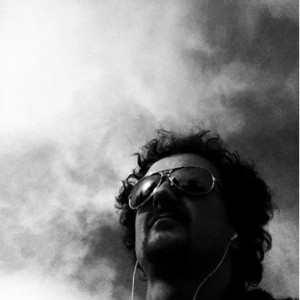Bits
“exit-seeking behaviors” https://www.popularmechanics.com/technology/security/a36352107/elderly-couple-escapes-from-assisted-living-facility-using-morse-code/
a reverse city builder in which you have to basically undo all of humanity’s worst habits and leave a planet with a thriving ecosystem #solarpunk #seriousgames #videogames https://www.terranil.com/
THE HTML REVIEW is an annual journal of literature made to exist on the #web – Vol III EXPEDITIONS – Journeys guided and unguided, walks, feats of endurance https://thehtml.review/03/
Humor
What can 5000-year-old abstract art and magic mushrooms tell us about St.Patricks Shamrock? #stpatricksday https://play.acast.com/s/blindboy/the-story-of-saint-patrick
Politics & Economics
Will the social and environmental contributions of #AI be overshadowed by its huge #water footprint? #sustainability #climatechange https://theconversation.com/ais-excessive-water-consumption-threatens-to-drown-out-its-environmental-contributions-225854
Privileging outputs over experiences is a steering away from quality. This was true before #GenAI – It’s not quite more true now, except that the existence of a technology that can create the simulations has given folks qualms about the “integrity” of the work. That work never had integrity because it was already tainted by privileging a box-checking product over a meaningful process. #llm #ai #academia https://12ft.io/https://www.insidehighered.com/opinion/blogs/just-visiting/2024/03/20/chatgpt-offers-choosing-moment-higher-ed
there’s another way to practise politics in this country, and it’s one Canadians find deeply appealing. #canada #politics https://1ft.io/proxy?q=https%3A%2F%2Fwww.nationalobserver.com%2F2024%2F03%2F19%2Fopinion%2Fwe-need-more-wab-kinews
Belonging as learning outcome .. #university #indigenous https://theconversation.com/how-a-first-year-university-writing-course-for-indigenous-students-fostered-skills-and-belonging-224486
While winter’s end is typically marked by the #equinox climatologists look at what’s known as meteorological #winter the three-month period from December to February. Over that period, #canada was 5.2 C warmer than average .. that’s 1.1 degrees warmer than the previous record set in 2009-2010. #climatechange https://1ft.io/proxy?q=https%3A%2F%2Fwww.nationalobserver.com%2F2024%2F03%2F19%2Fnews%2Fcanadas-warmest-winter-record
